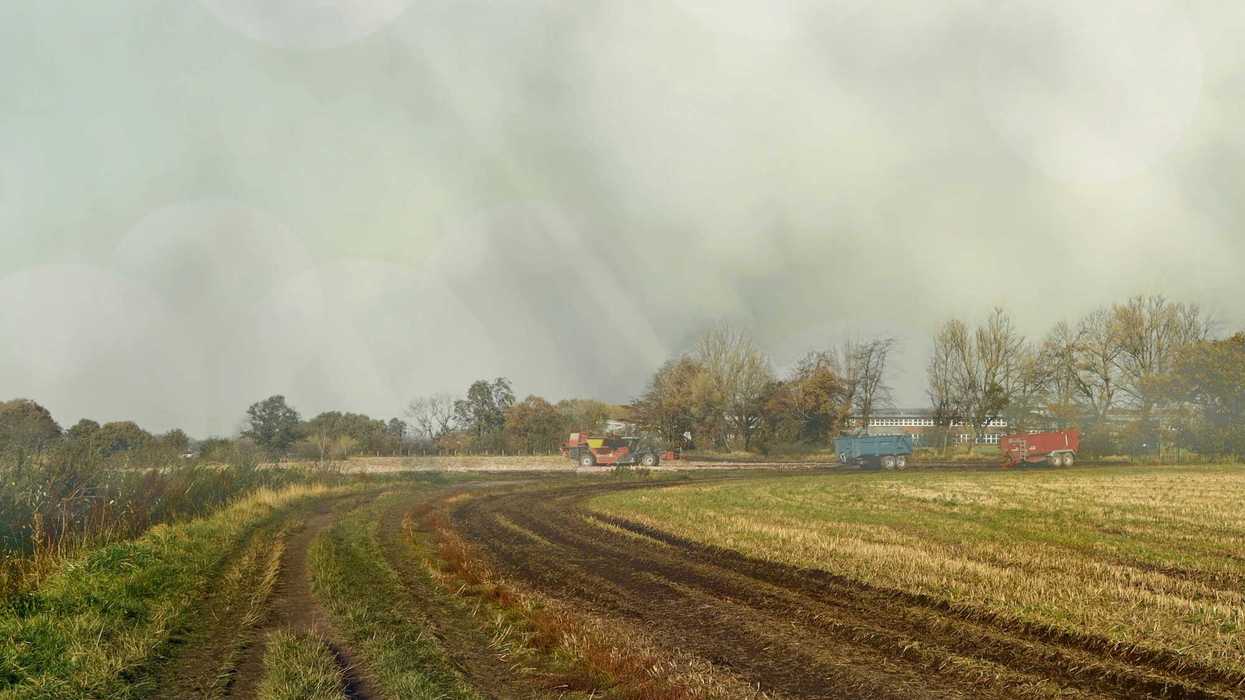A new regulation in California bans the use of toxic insecticides on state lands to protect birds, bees, and other pollinators.
Sharon Udasin reports for The Hill.
In short:
- The California Fish and Game Commission has prohibited neonicotinoid pesticides on lands managed by the Department of Fish and Wildlife.
- The regulation, effective July 1, affects more than 1 million acres of wildlife habitats and refuges.
- This decision follows a 2017 petition by Earthjustice, highlighting the dangers of neonics to native birds.
Key quote:
“Systemic insecticides like neonicotinoids have no place on public lands. They are harmful to a wide variety of species and the biodiversity throughout ecosystems.”
— Greg Loarie, attorney for Earthjustice
Why this matters:
Pollinators play an indispensable role in the ecosystem, aiding in the reproduction of around 75% of flowering plants and a substantial portion of food crops. However, their populations have been in alarming decline, largely due to the widespread use of harmful pesticides, habitat loss, and climate change. By eliminating toxic insecticides from state lands, California is setting a precedent that prioritizes ecological health and biodiversity.














